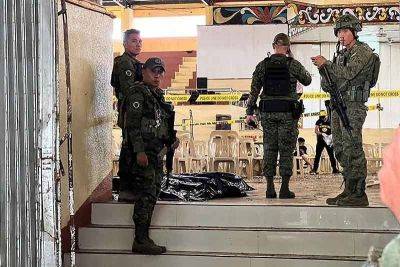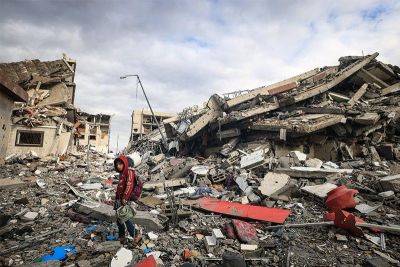Can hospitals be military targets? What international law says
PARIS, France — The Israeli army's raid on Gaza's biggest hospital, Al-Shifa, targeting the militant group Hamas, has sparked a torrent of international condemnation, with Qatar branding it a "war crime".
Israel has denied the accusation, saying its operation falls within the boundaries of international law.
AFP looks at whether hospitals can be considered a legitimate military target, and under which conditions.
The Geneva Conventions, adopted in the aftermath of World War II, form the core of international humanitarian law and "are particularly protective of civilian hospitals", according to Mathilde Philip-Gay, an expert in international humanitarian law at Lyon-3 university in southeast France.
"It is forbidden to turn recognised civilian hospitals into a conflict zone. It is also forbidden to use civilian populations, the sick or the injured as human shields, it is a war crime, as is fighting from inside a hospital," Philip-Gay told AFP.
Article 8 of the Rome Statute, which established the International Criminal Court (ICC) in The Hague, defines a long list of war crimes including "intentionally directing attacks against buildings dedicated to religion, education, art, science or charitable purposes, historic monuments, hospitals and places where the sick and wounded are collected".
But it makes an exception if the targets are "military objectives".
Philip-Gay said that "if a civilian hospital is used for acts harmful to the enemy, that is the legal term used", the hospital can lose its protected status under international law and be considered a legitimate target.
But "the other party must take all precautions to avoid intentionally targeting civilians", she said.
Even if the hospital is used for "acts harmful to the enemy", Philip-Gay said, the other party "does not have the right to bombard it for two days and completely destroy it", citing the need under international law for the response to be "proportionate".
She added that the other party must give advance warning of its response and that evacuation procedures must be put in place for patients and health workers.
Alternatively, they can be asked "to isolate themselves in a part of the hospital", she







